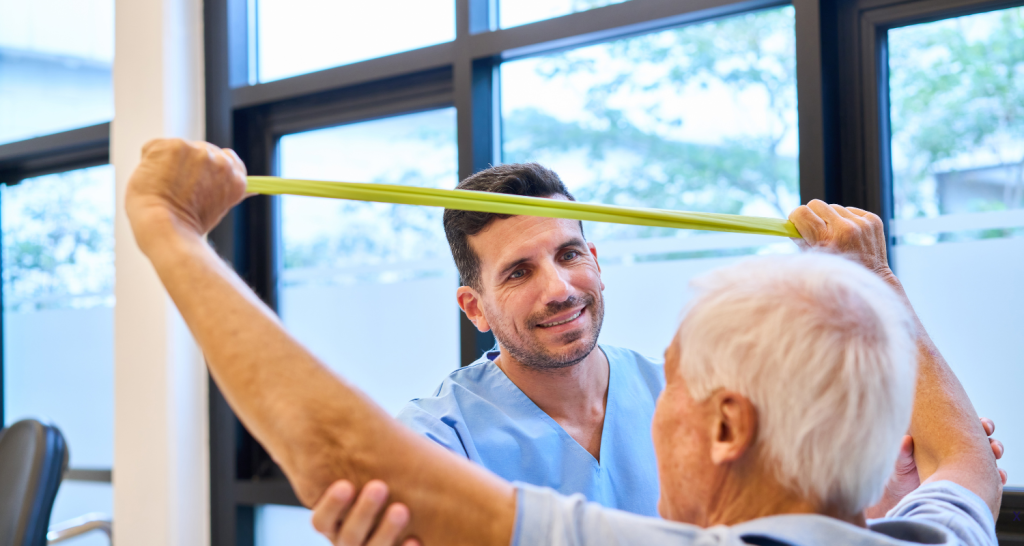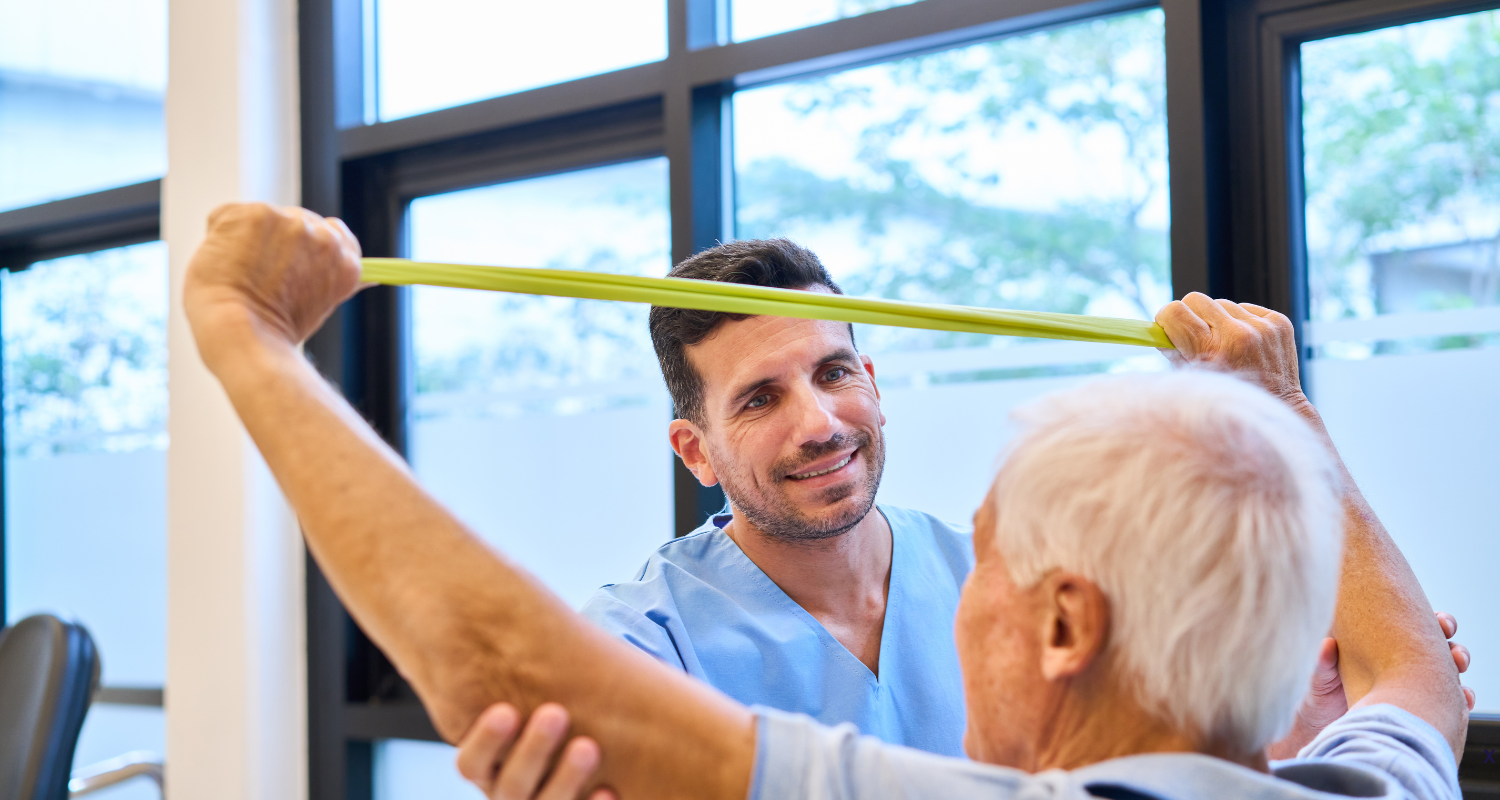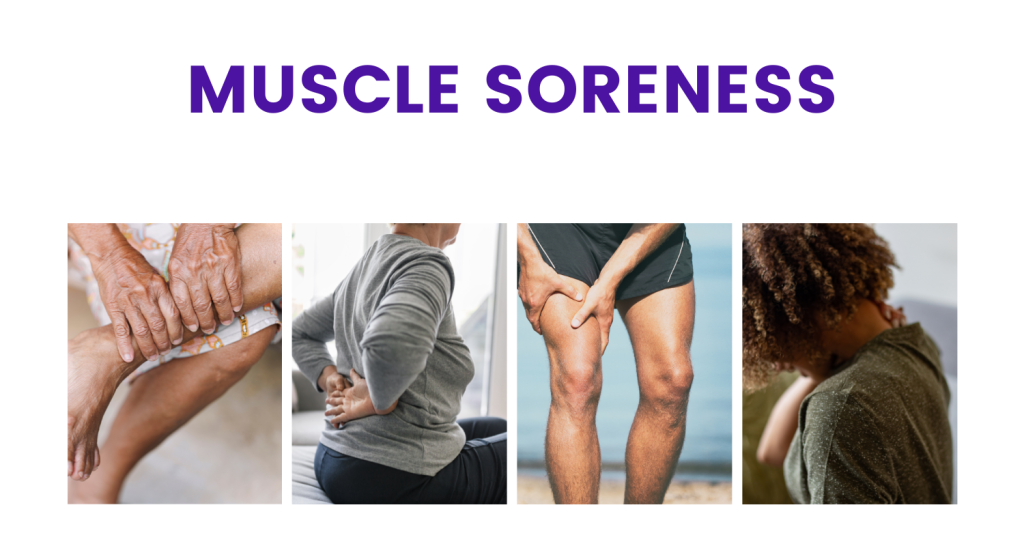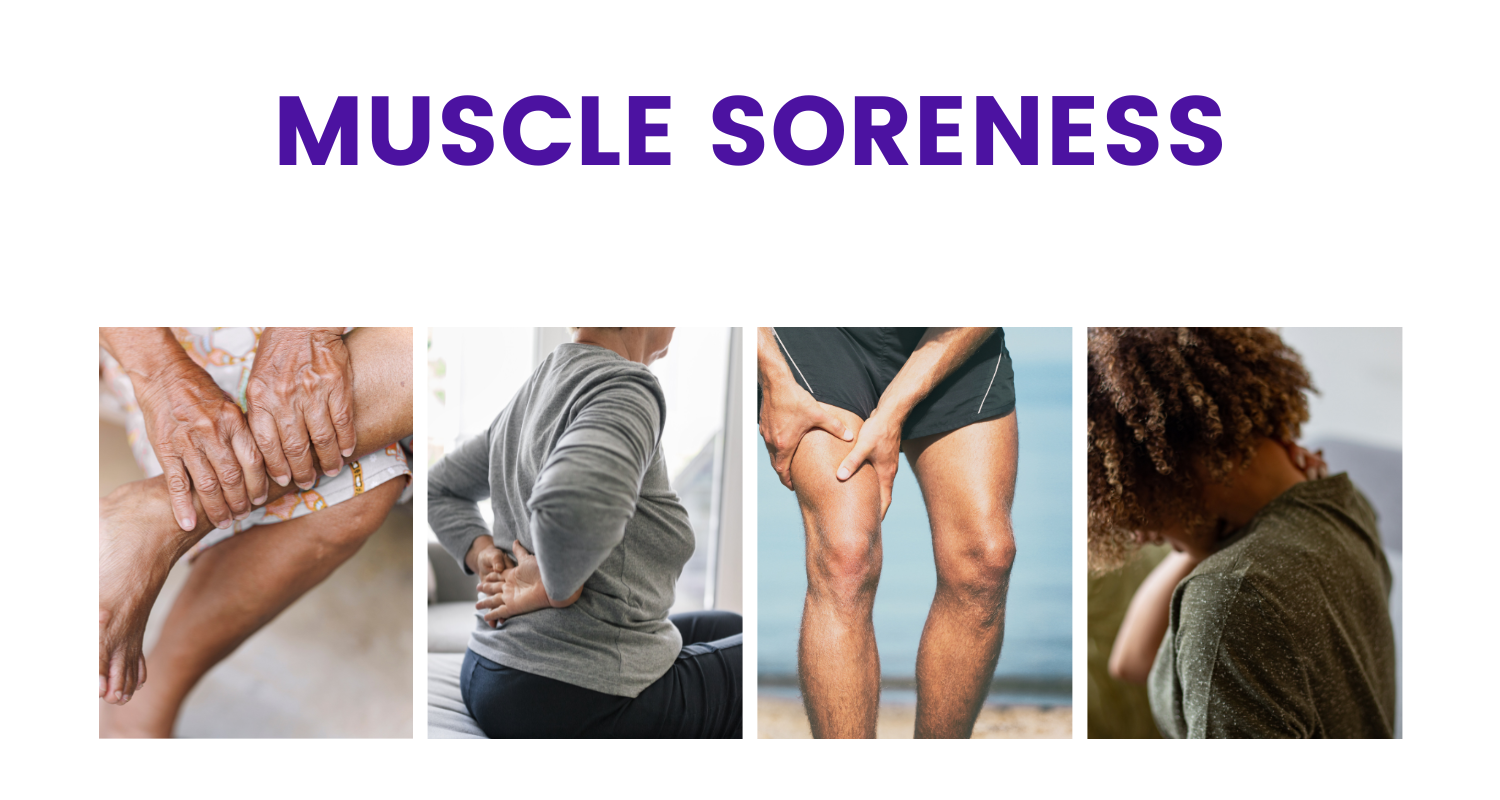The decline in muscle mass often begins as early as 30 and can accelerate after 60. Without preventive measures, this can lead to a host of health issues.
Muscle weakness isn’t just about feeling less strong. It’s linked to serious health concerns such as disability, diabetes, cognitive decline, and osteoporosis, and can even increase the risk of early mortality. But there’s good news: resistance training can make a difference!
As we age, our bodies undergo various changes. One of the most significant being sarcopenia or better known as age-related muscle mass loss. Did you know that sarcopenia affects about 10% of adults over 60 and more than 50% of those over 80.
Why Resistance Training?
Current research highlights resistance training as a powerful tool to combat muscle disuse. By incorporating resistance exercises into your routine, you can fight against the loss of muscle strength and mass. This type of training not only helps reduce frailty but also improves physical function in several ways. Enhanced mobility, greater independence, better management of chronic diseases, improved psychological well-being, and a higher overall quality of life are just a few of the benefits.
Tailoring Your Training
To achieve the best results, resistance training programs for older adults should be tailored to be person centered. This personalised approach ensures that the training is safe, effective, and aligned with your specific goals.
For those interested in starting a resistance training program, consulting with an Empower Healthcare Physiotherapists or Osteopaths can be invaluable. Our team can help design a program that meets unique needs and help achieve fitness goals.
References:
Fragala, Maren S.1; Cadore, Eduardo L.2; Dorgo, Sandor3; Izquierdo, Mikel4; Kraemer, William J.5; Peterson, Mark D.6; Ryan, Eric D.7. Resistance Training for Older Adults: Position Statement From the National Strength and Conditioning Association. Journal of Strength and Conditioning Research 33(8):p 2019-2052, August 2019. | DOI: 10.1519/JSC.0000000000003230
…





